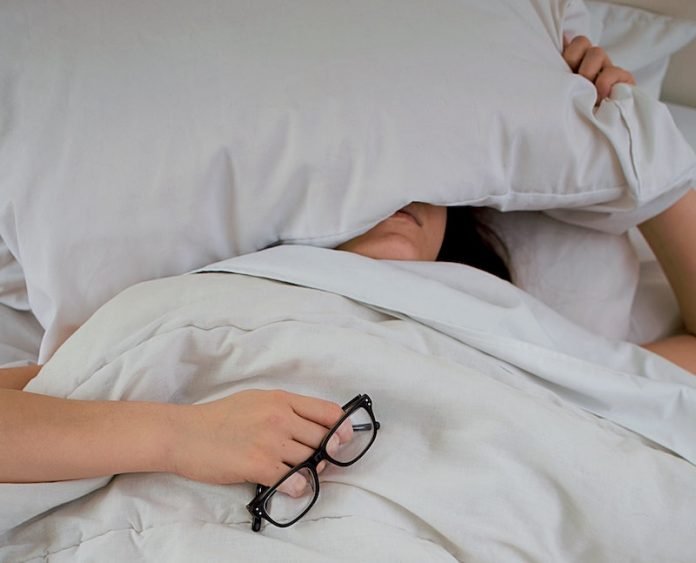
In a new study, researchers found that insomnia may strongly increase the risk that older adults will be unable to shake off depression.
The research was conducted by a team at the Johns Hopkins Bloomberg School of Public Health.
In the study, the team analyzed data on nearly 600 people over age 60 who visited primary care centers in New York City, Philadelphia, and Pittsburgh. All had some level of depression.
They found compared to patients whose sleep improved, those with worsening sleep problems were about 28 times more likely to be diagnosed with major depression.
Patients whose sleep worsened also had nearly 12 times the risks of minor depression and were 10% more likely to report having suicidal thoughts.
Compared to patients whose sleep improved, those with persistent, but not worsening, insomnia was more likely to have lasting depression.
But their risk was not as high as patients whose sleep got worse.
The findings show that among older adults with depression, insomnia symptoms provide an important clue to their risks for depression and suicidal thoughts.
The results suggest that older adults who are being treated for depression and whose sleep problems are persistent or worsening need further clinical checks.
The findings also suggest that treatment of sleep problems should be explored as a way to improve depression symptoms in older adults, as well as poor mental and health outcomes related to disturbed sleep.
The lead author of the study is Adam Spira, a professor of mental health at Johns Hopkins in Baltimore.
The study is published in Sleep.
Copyright © 2020 Knowridge Science Report. All rights reserved.



